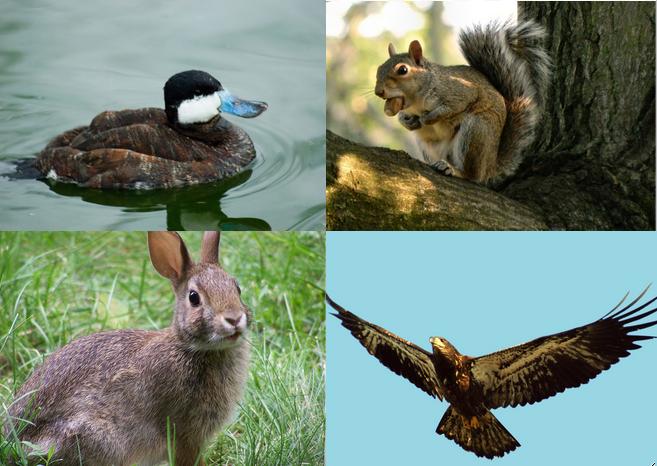Back in the 1940s, the assistant superintendent of the Cincinnati Public Schools, George Reavis, published a fable about an animal school. It starts off something like this…
“Terribly concerned about their offspring’s future, the animals of the forest decided something must be done. So they formed a school. Having agreed that a well-educated graduate would be skilled in running, swimming, climbing and flying, the animal parents carefully selected a curriculum. Ducks, rabbits, squirrels and eagles made up the majority of the student population…”
Most likely, you already see where this is going. Of course the ducks did well in swimming and flying, the rabbits in running, the eagles in flying and the squirrels in running and climbing…and occasionally their own version of flying. So who were the “good” students and who were the “bad” ones? None of them? All of them? How are we supposed to answer that question? They weren’t necessarily good or bad. They were just different. And different is not the same.
Well, guess what? These students eventually struggled through their school years and they now work for your company.
That’s right. Look around you. There are ducks, rabbits, squirrels and eagles, and they all want to contribute to the mission of your company. But chances are you currently have some ducks doing the running and some rabbits doing the swimming. How’s that working for you? Are you frustrated? Are they?
Wouldn’t it be so much easier if they looked like ducks, rabbits, squirrels and eagles? Then you could see their differences right there in front of your face, and you would know how to structure your team. This is what Talent Insights and the Talent Insights Blog is designed to do—to show you how each of your team members is uniquely wired. It starts with Myers-Briggs.
Knowing someone’s personality type or even just their temperament can go a long way in understanding:
- How they process information
- How they make decisions
- What they tend to be focused on and skilled at accomplishing
- Where conflict is likely to come from and how it can be resolved
- Which issue is their hill to die on, or take you out over, and a whole lot more!
This temperaments cheat sheet is great for helping a manager keep track of the types he or she might have on the team. Keep this in front of you as you are delegating projects or restructuring the team for maximum impact. Share it with your whole team to improve communication and teamwork across the board. Help your team members understand each other!
View and/or download as a PDF
Who's on your team? Share your team's dynamics with us in the comment section below.


